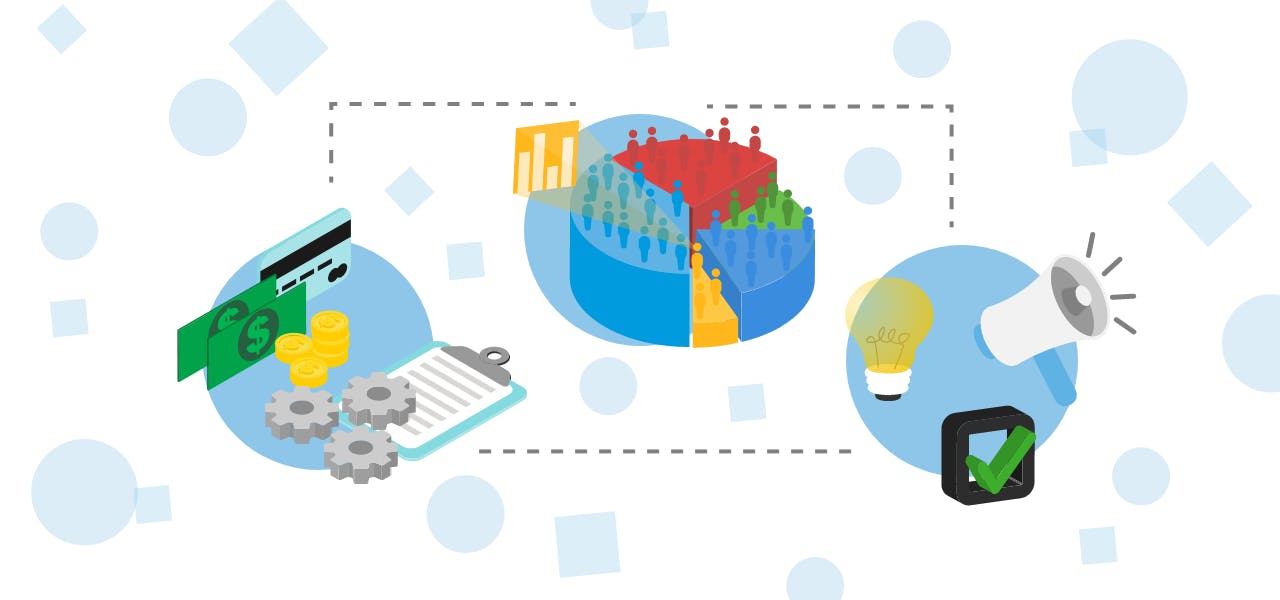Unlike research papers that are meant to shed light on the granular aspects of a research question or hypothesis, policy memos, or briefs, take a much broader and more macro approach to an issue. The ultimate goal of a policy brief is different that a standard research paper because instead of debating a research hypothesis, the goal of a policy brief is to lead charge statements and make recommendations directed to a predetermined audience regarding a specific situation.
In this light, it is the work of policy analysts to read through policy memos or briefs (if they have not written it themselves), and make critical decisions in support or against the ultimate recommendation being made.
Policy briefs incorporate research, but a methods section in a policy brief is less common because there is no hypothesis being tested—the brief is strategically designed to report macroeconomic data about populations and sub-sets of populations that give weight to a pressing issue. Oftentimes, the writer of a policy brief will make sure macro-data they are collecting is from a legitimate source and will use statistics in their briefing to argue for or against a policy action or to give weight to a social issue that is a systemic problem.
1. Charge Statements and the course of action
While research papers in the hard sciences dissect an issue for the sake of dissecting it, policy briefs are actionable, and mostly one to two-page letters, urging policymakers and those in positions of power to make a change to do something. Policy writers use charge statements in their briefs to make their argument more compelling, and more to the point. This is a strategic decision so that the reader of a policy brief always feels the sense of urgency regarding the issue, and knows that the writer is taking a strong stance.
2. Linking Socioeconomic or Demographic Data with a Recommendation
Let's consider a policy brief that is in favor of a state building a new healthcare facility that focuses on holistic care and traditional healing medicines. The first question policymakers will need to ask is: does the budget of building this healthcare facility actually justify the kind of care patients will receive? The answer to this question depends on much socioeconomic data of the populous in question, and the demographics of the surrounding area where the healthcare facility will be built, because people need to be able to get there and back to their homes within a reasonable time frame.
Some socioeconomic/demographic data that might be put into this brief include the leading industries people work in this state as a percentage of all industries. If you have a high percentage of working adults in construction or other labor jobs, it might be a justification or actionable defense to build this healthcare facility, as some traditional healing medicines do a great job at countering inflammation as opposed to conventional prescription medication.
Still, this would not be enough data for an actionable defense—but it’s a start. Policy briefs take a mass of data, converging the factors that matter for the population in question, and lead a charged conclusion about how political leaders should act. It is usually the confluence of two or more major factors of a populous that leads to a compelling case.
3. Shed Light on Similar Issues
Most importantly, the goal of a policy brief is for the intended audience, which is most likely a policymaker, to think long and hard about the issues at hand. When policy briefs present startling statistics about a community, it might not persuade the policymaker to go ahead and build a clinic because it's simply not in the budget, but it does invite further research and development for why such systemic problems exist in the first place. In this light, policy memos are important not just for the sake of presenting research, but also for catalyzing change and action on closely related problems.
